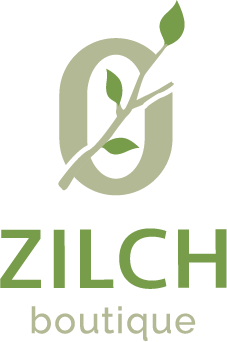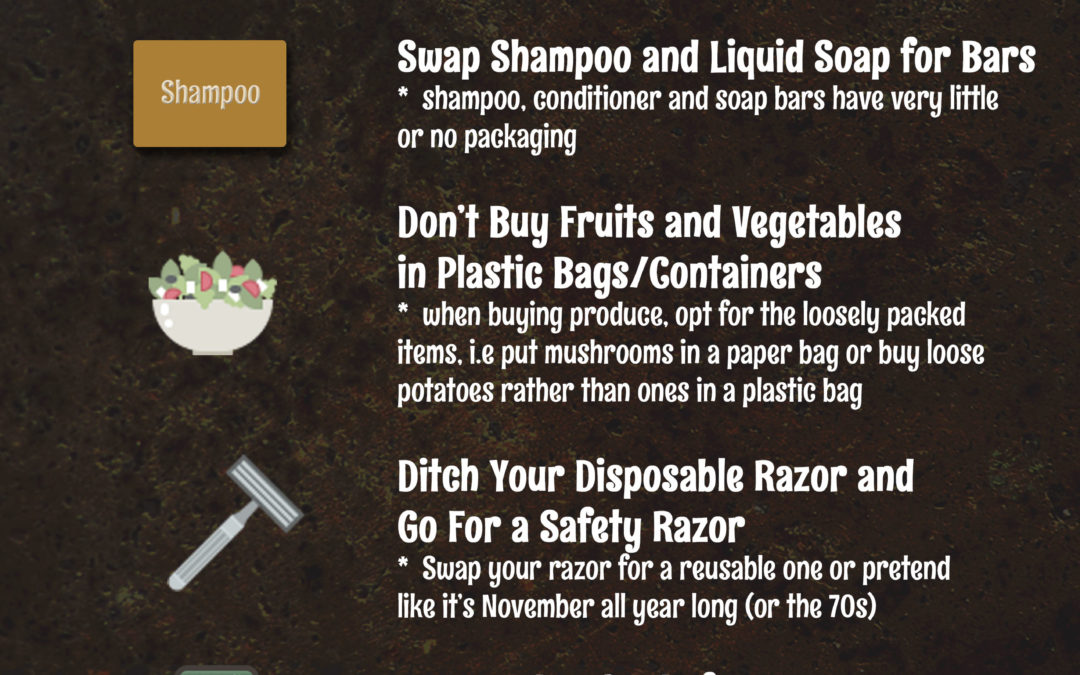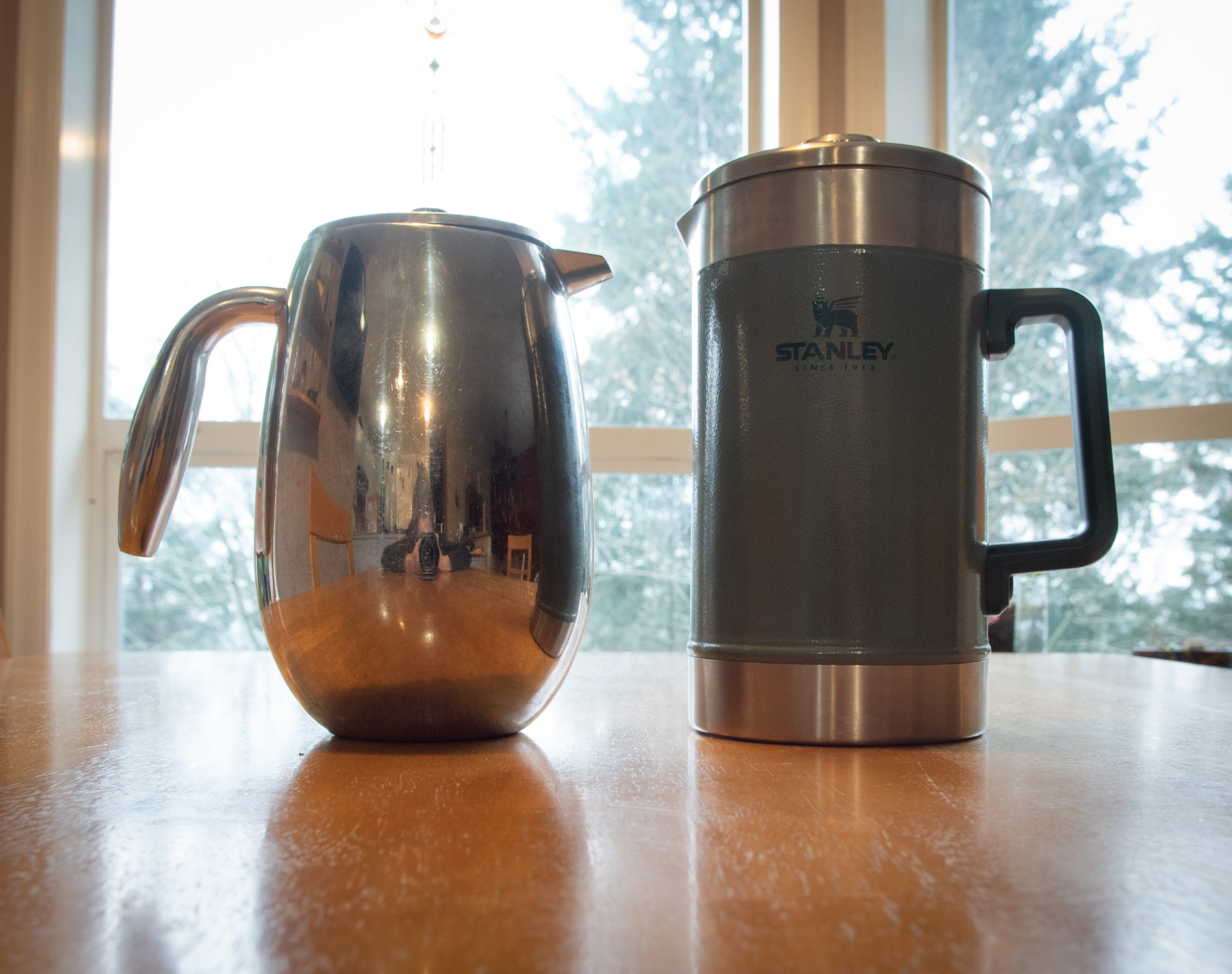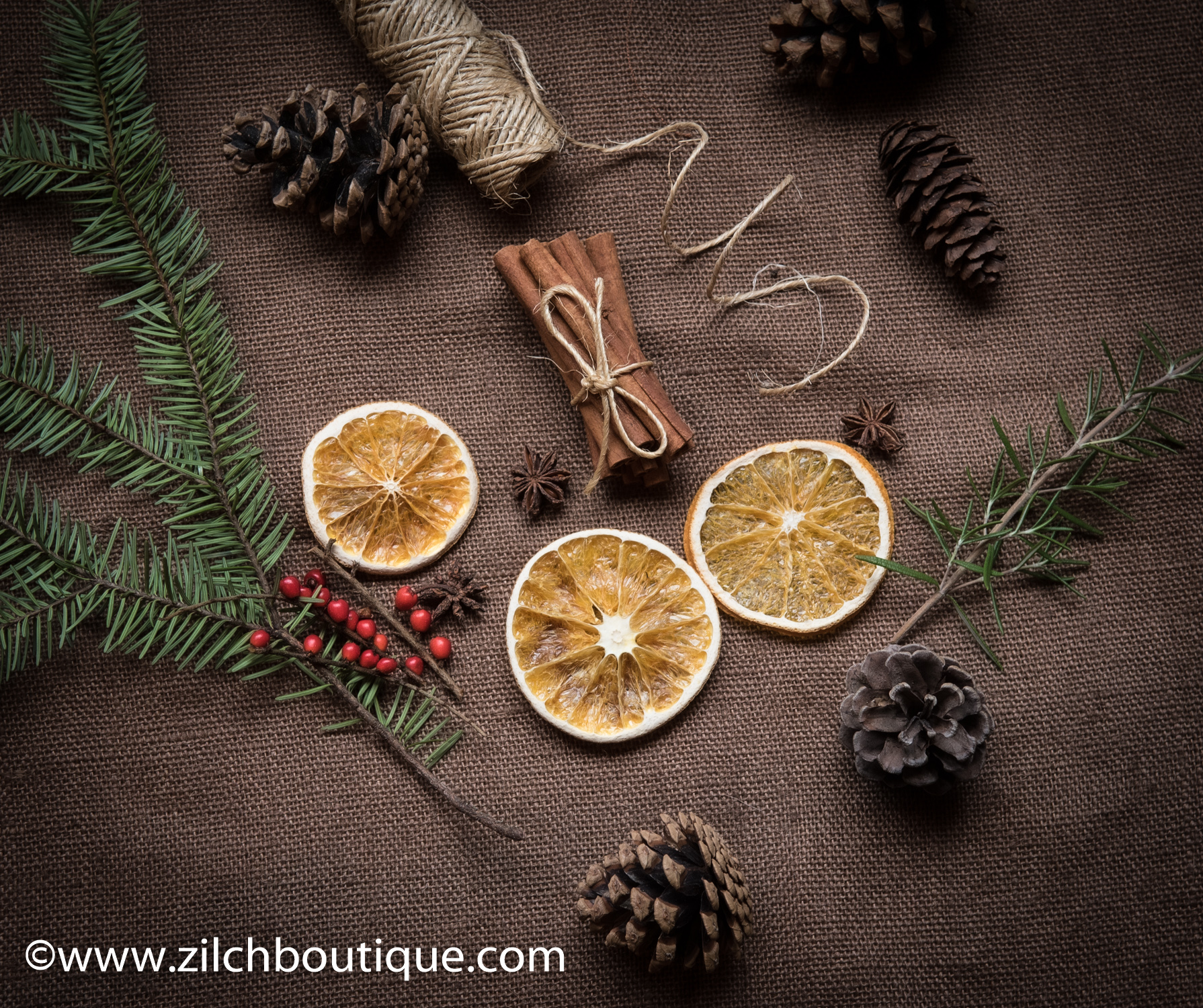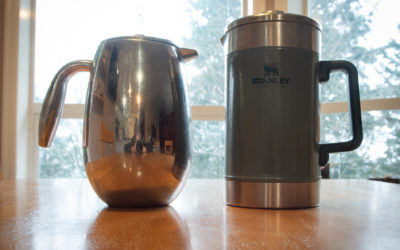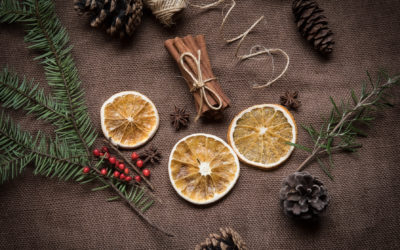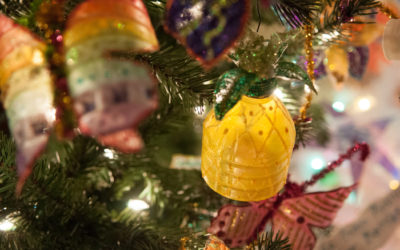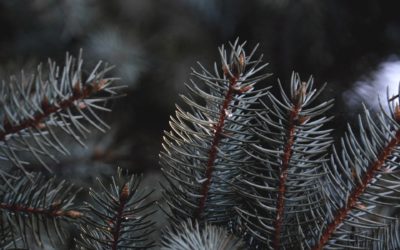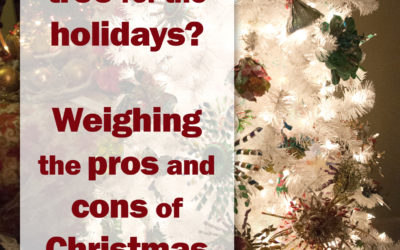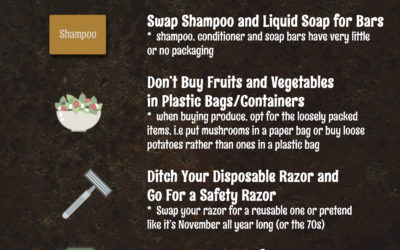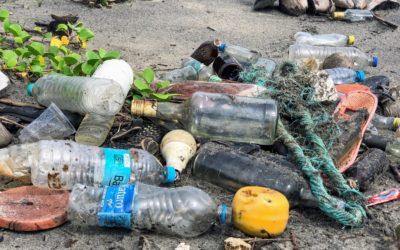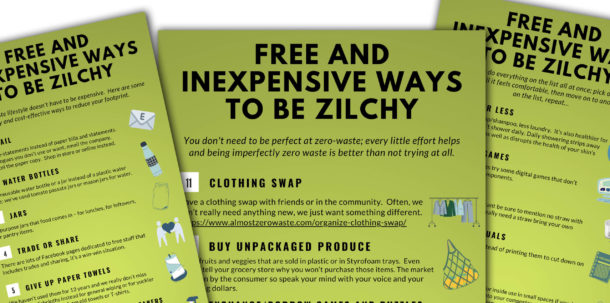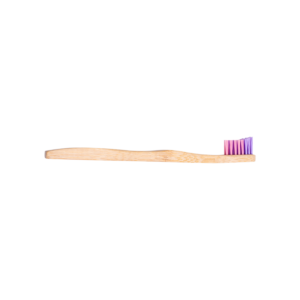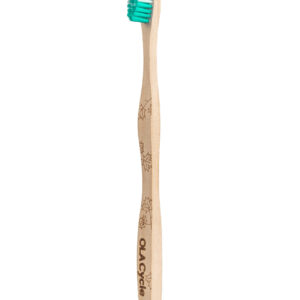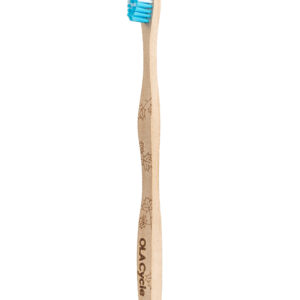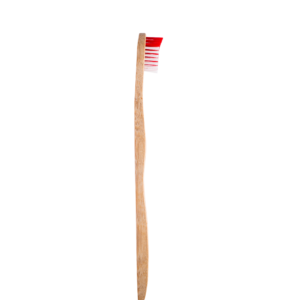In this episode, our guest, Kelli Etheridge, talks about her journey to becoming a zero-waste entrepreneur, tells us about Reusables Vancouver Island (which offers reusable take-out containers at participating restaurants) and Zilch Boutique (which offers zero-waste personal care products), and shares what she loves to do in her “spare” time.
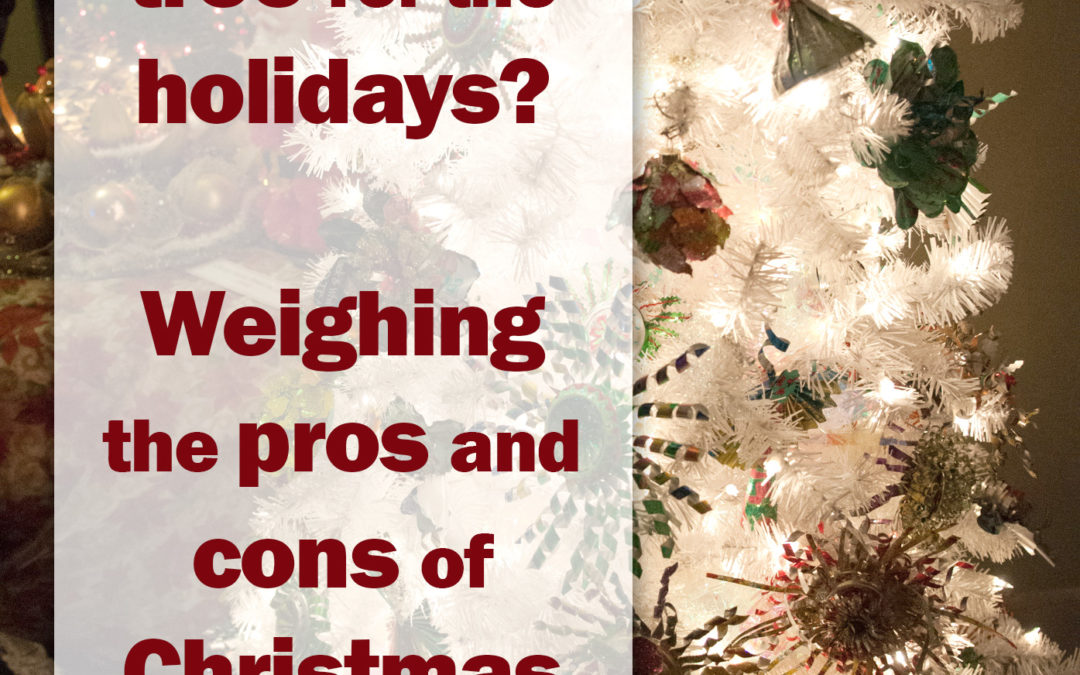
Sustainable Christmas Trees: Real or Artificial?
(Photo courtesy of CBC)
With Christmas just around the corner, many households are getting ready to decorate a tree. Whether this is an artificial tree, real tree, or some sort of alternative; there are pros and cons to each regarding sustainability. Unfortunately, neither an artificial tree nor a natural tree are a great option for the environment, but let’s take a look at pros and cons of both, and also get into some great alternatives.
Artificial trees are commonly made from PVC (polyvinyl chloride), and can take hundreds of years to break down in the landfill. Research has shown that the average artificial tree comes with a carbon footprint of around 40kg of greenhouse gas emissions. Some of the emissions come from the manufacturing of the tree itself, and some comes from the industrial emissions during the manufacturing. Additionally, the carbon footprint will go up during the transportation of the tree, as many trees are shipped from China.
Real trees are roughly half of the carbon footprint of an artificial tree. Real Christmas trees are a mono-crop system, usually grown with many herbicides and pesticides, such as glyphosate. It is unclear if these chemical residues remain on the tree by Christmas, but their effects on the environment are tremendous. The chemicals can have run-off into waterways, have a negative impact on insects and animals, and much more.
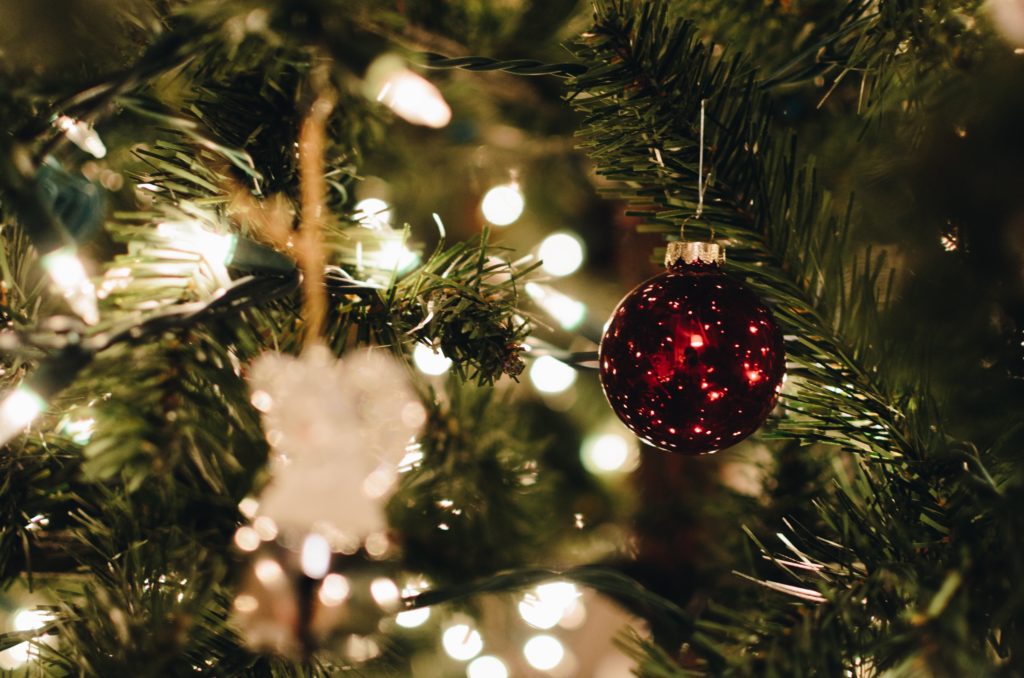
Photo by Kelly Sikkema on Unsplash
Artificial Tree
| Pros | Cons |
| No maintenance | Made from PVC chemicals, which gives it a large carbon footprint. |
| One-time purchase, can last years and save you money | No scent. |
| Easy clean up, just pack up into the box. | Requires somewhere to store each year |
| If used for many years (6-20 years), can equate to a real tree’s environmental impact | Takes hundreds of years to break down. Nearly impossible to recycle. |
Real Tree
| Pros | Cons |
| Fresh scent | Only lasts one season, so it could cost more than an artificial tree over the years |
| Takes in carbon dioxide from the air, and releases oxygen. | Requires more care and maintenance (watering) |
| No synthetic material, all-natural materials. | The combination of the needles drying out, and the heat from the lights on the tree, could be a fire hazard. |
| A great family tradition, when cutting down a tree. | Potential chemical residue on tree from growing practices |
| Can support local businesses and farmers in the community | Clean up is more difficult. Many garbage collectors don’t pick up trees, so it may require a trip to the dump or wood chipper. |
If deciding to get a real Christmas tree, try to find a local, organically grown tree. Be sure there is no wildlife living in the tree, and try to get rid of any bugs before loading it onto the vehicle. Be sure to dispose of the tree in the most sustainable way. Some sustainable options are turning the tree into wood chips, donate the tree to a wildlife sanctuary, or donate to a river or stream program. Try to avoid taking the tree to the landfill, or burning the tree.
If deciding to get an artificial Christmas tree, try to find a used one if possible. If used is not an option, buy a tree that was made in your country to ensure it has a lower carbon footprint from less transportation. Be sure to keep the artificial tree for many years (10-20 years) to ensure it will offset its environmental impact. If getting rid of the tree, consider selling it, donating it, or giving it away to someone who may need or want it.
There isn’t really a definitive answer as to whether a real tree or an artificial one is better as there are many factors that come into play. There is always a worst option and a best option when making a decision. When deciding on a Christmas tree this year, take into consideration the points above, and choose what makes sense for your home and the environment. Alternatively, you could choose to ditch the traditional Christmas trees and opt for these fun, eco-friendly alternatives. (https://zilchboutique.com/sustainable-christmas-tree-alternatives/ideas coming soon)
Will you be using a real or artificial tree this year or will you be trying an alternative? Let us know in the comments below!
